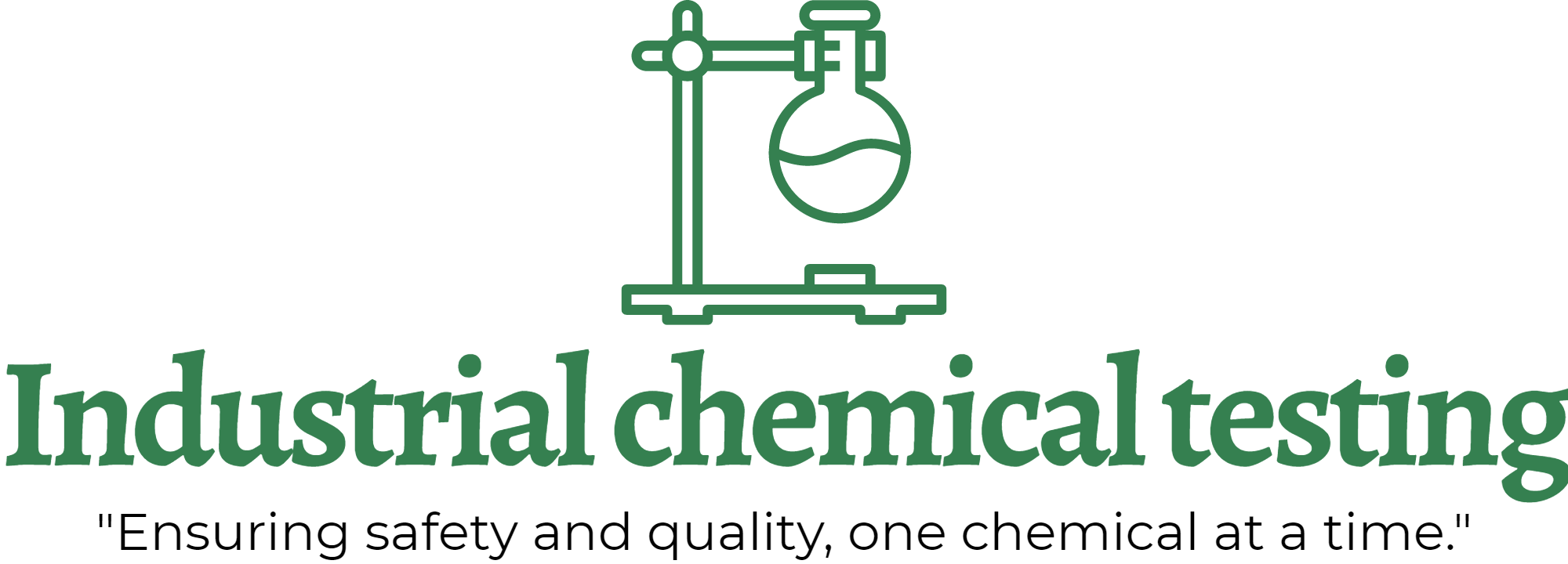Industrial chemical testing
Industrial chemical testing is a crucial aspect of ensuring the safety and quality of products that are manufactured and sold to consumers. The use of chemicals in various industries such as Power industry, Minerals Industries, Cement, Oil, Chemicals, pharmaceuticals, food, and cosmetics, requires strict testing protocols to ensure that the products are safe for human use and consumption.
There are several types of industrial chemical testing, and each type serves a specific purpose. One of the most common types is analytical testing. Analytical testing involves the analysis of a substance’s chemical composition and properties. This is typically done using analytical instrumentation such as gas chromatography, liquid chromatography, or mass spectrometry. These techniques allow scientists to identify and quantify specific chemicals in a sample and determine their purity.
Another type of chemical testing is physical testing. Physical testing involves the examination of a product’s physical properties such as its viscosity, color, and texture. This type of testing is often used in the cosmetics industry to ensure that products are consistent in appearance and texture.
Microbiological testing is another critical type of chemical testing. This type of testing involves the identification and quantification of microorganisms such as bacteria, viruses, and fungi. Microbiological testing is crucial in the food and pharmaceutical industries, where the presence of harmful microorganisms could pose a significant health risk to consumers.
To ensure the accuracy and reliability of chemical testing, industry standards and regulations have been established. These standards outline the testing procedures that should be followed and specify the acceptable levels of impurities and contaminants in products.
The process of industrial chemical testing typically involves several stages, including sample collection, sample preparation, and analysis. Samples are collected from various stages of production, and then prepared for analysis using specific techniques such as extraction or purification.
After preparation, samples are analyzed using various techniques such as chromatography, spectrometry, or microscopy. The results of these analyses are then compared to industry standards to determine if the product meets the necessary quality and safety requirements.
In conclusion, industrial chemical testing plays a critical role in ensuring the safety and quality of products that we use and consume every day. Through the use of analytical, physical, and microbiological testing, we can identify and quantify chemicals, examine physical properties, and detect harmful microorganisms. The establishment of industry standards and regulations further ensures the accuracy and reliability of chemical testing, ultimately providing consumers with safe and high-quality products.
So, our important concept is that everyone should to know all analysis procedure for water, coal, minerals, oils, etc. So, Here I Provide all SOP and concept regarding specific commodity testing for students and professional helps.
Hi, this is a comment.
To get started with moderating, editing, and deleting comments, please visit the Comments screen in the dashboard.
Commenter avatars come from Gravatar.
Wow it’s amazing to know more chemistry